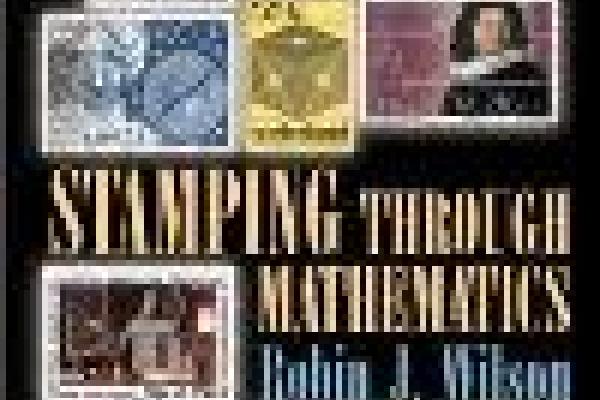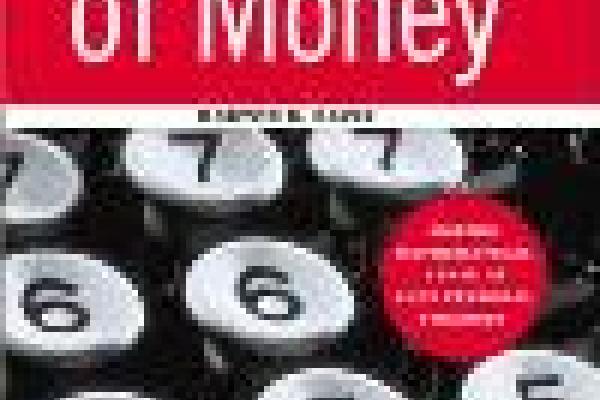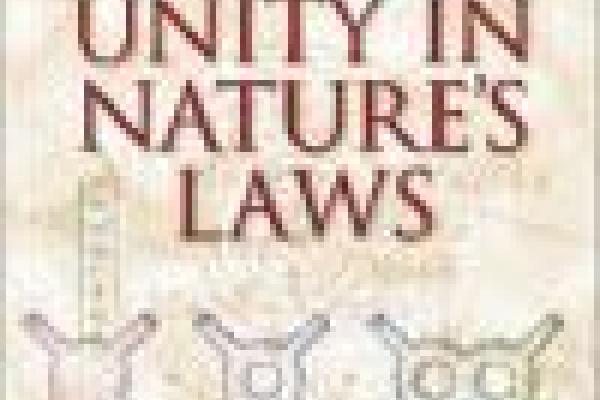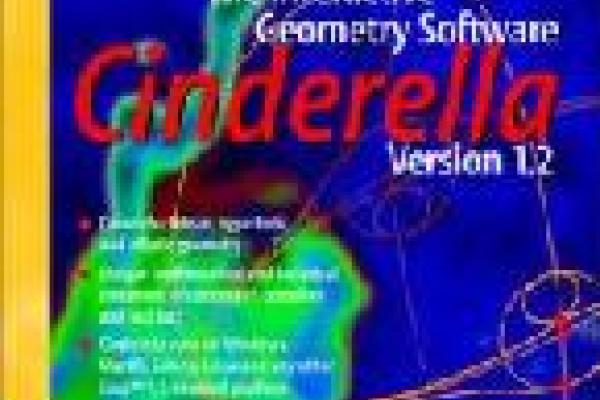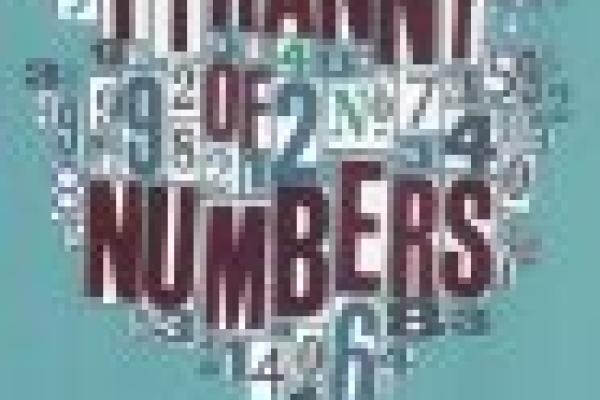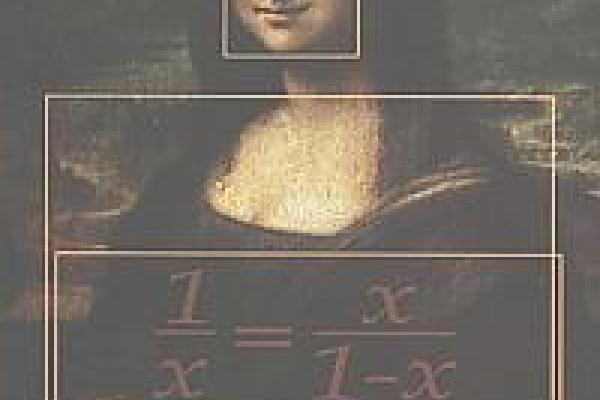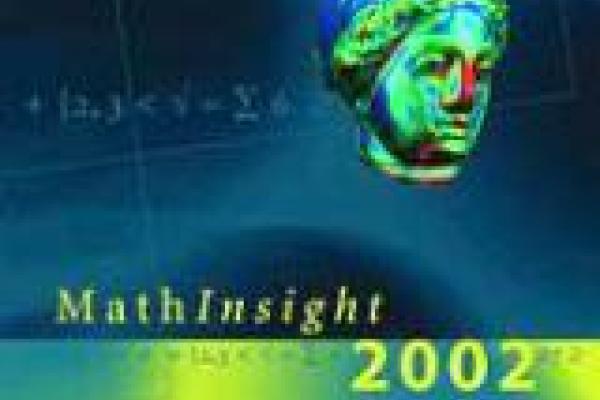Review


'Computers, Ltd.'
Computers can do many things, but there are some things they can't do. They certainly can't play tennis or the violin, but those aren't the kinds of thing we're concerned with. There are computational questions, questions of the kind that we would naturally turn to a computer to help us with, that, in fact, they cannot answer (and nor, therefore, can we).
